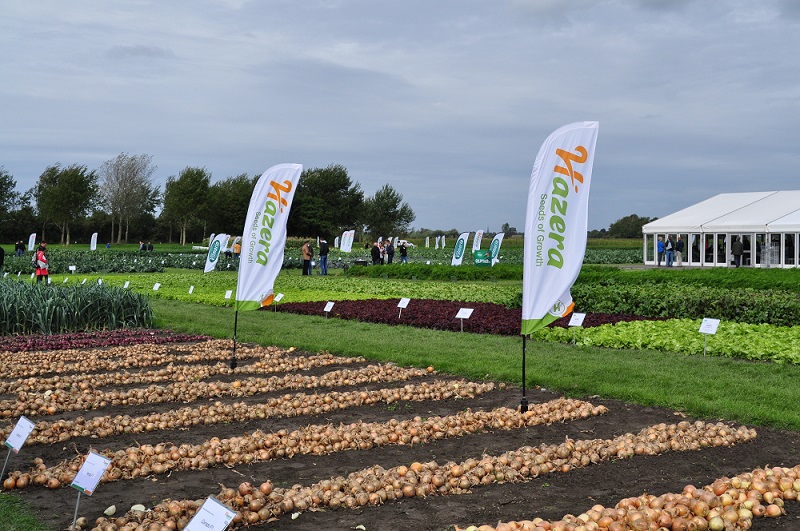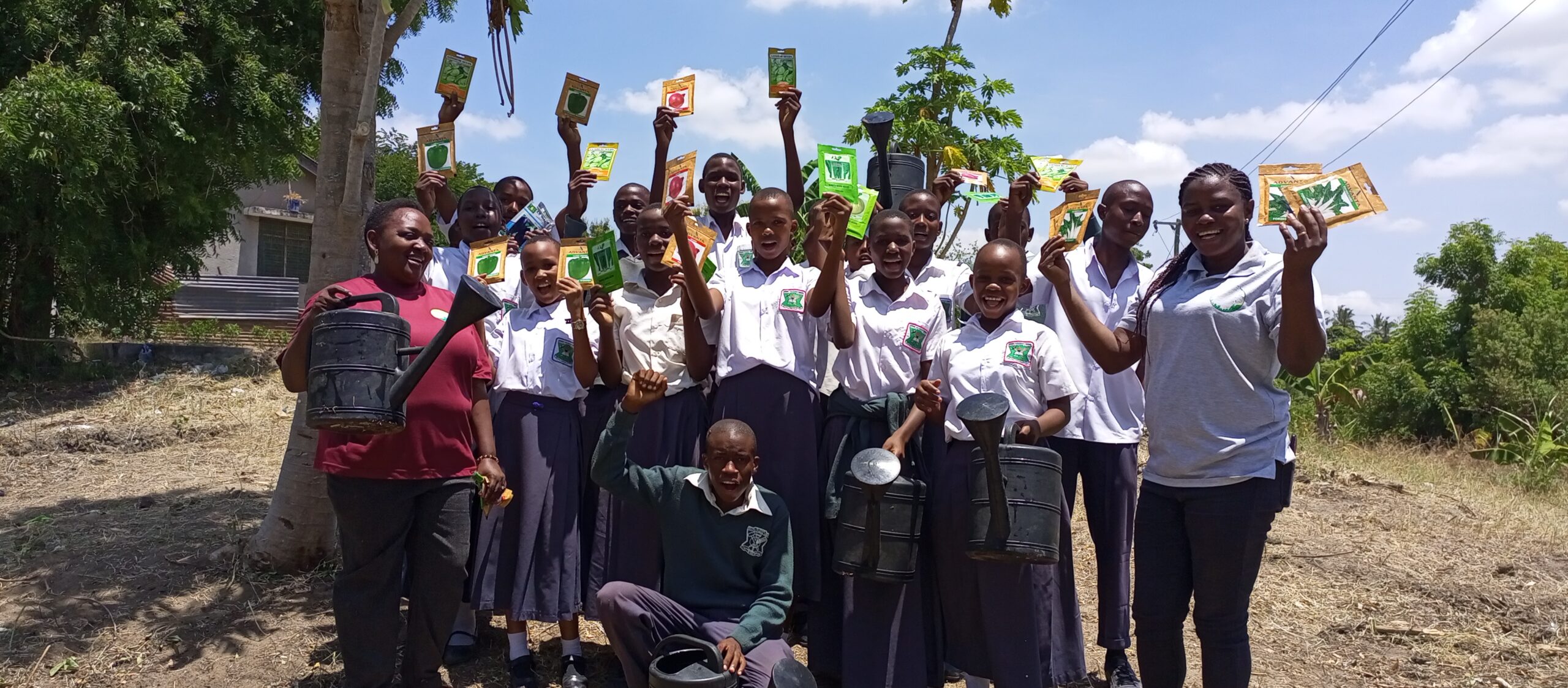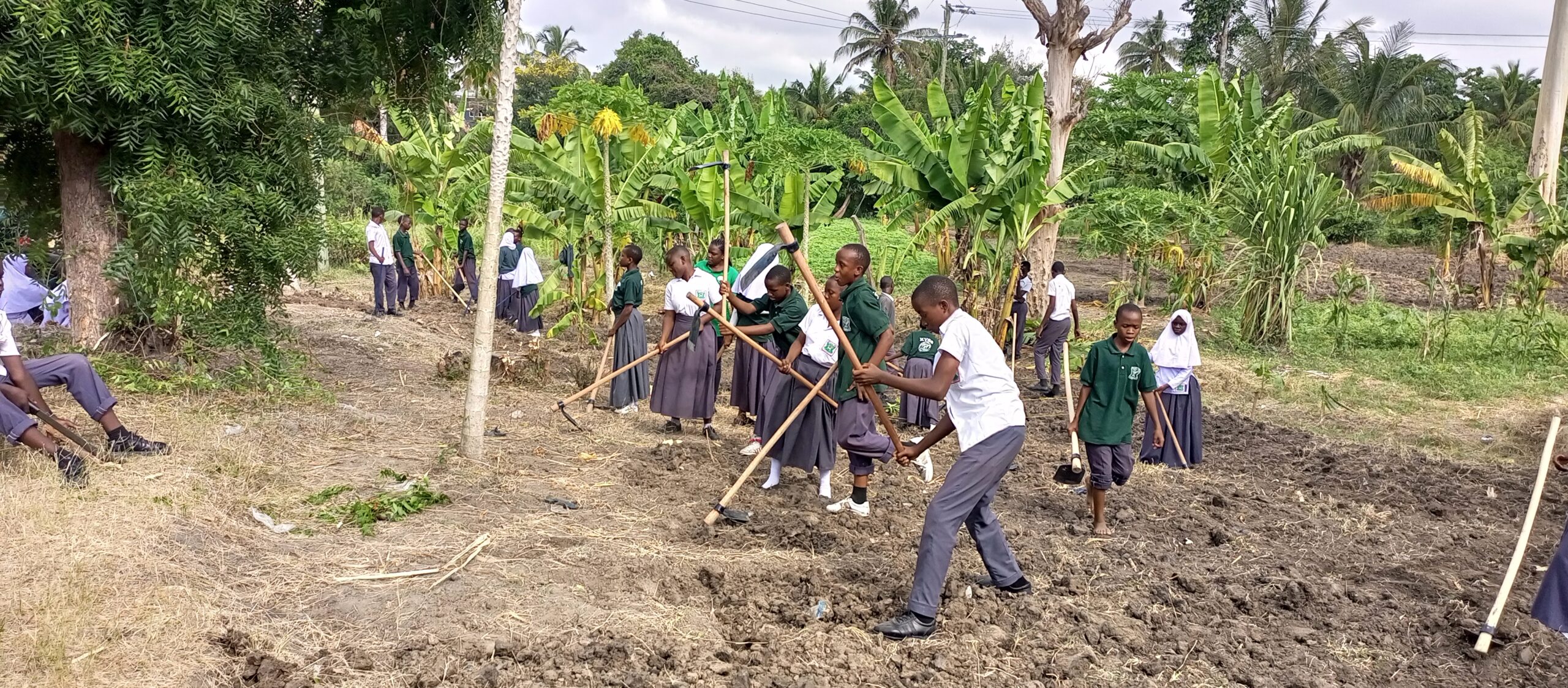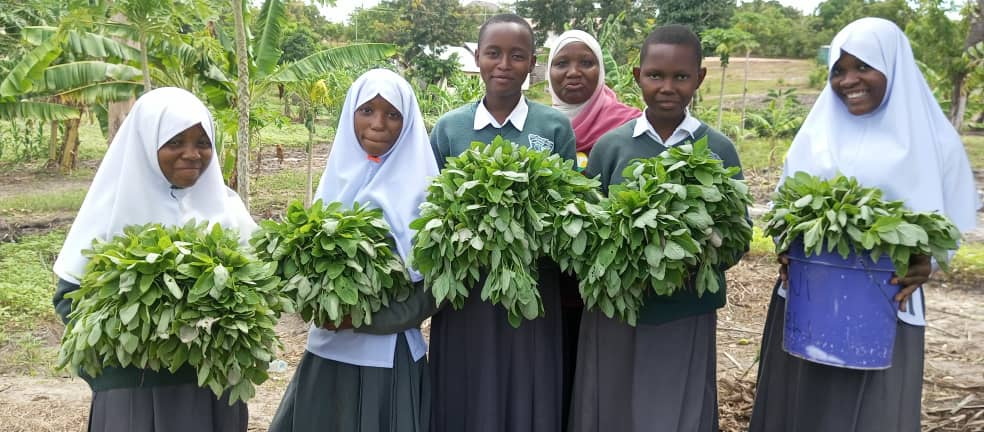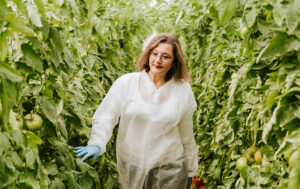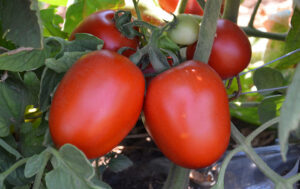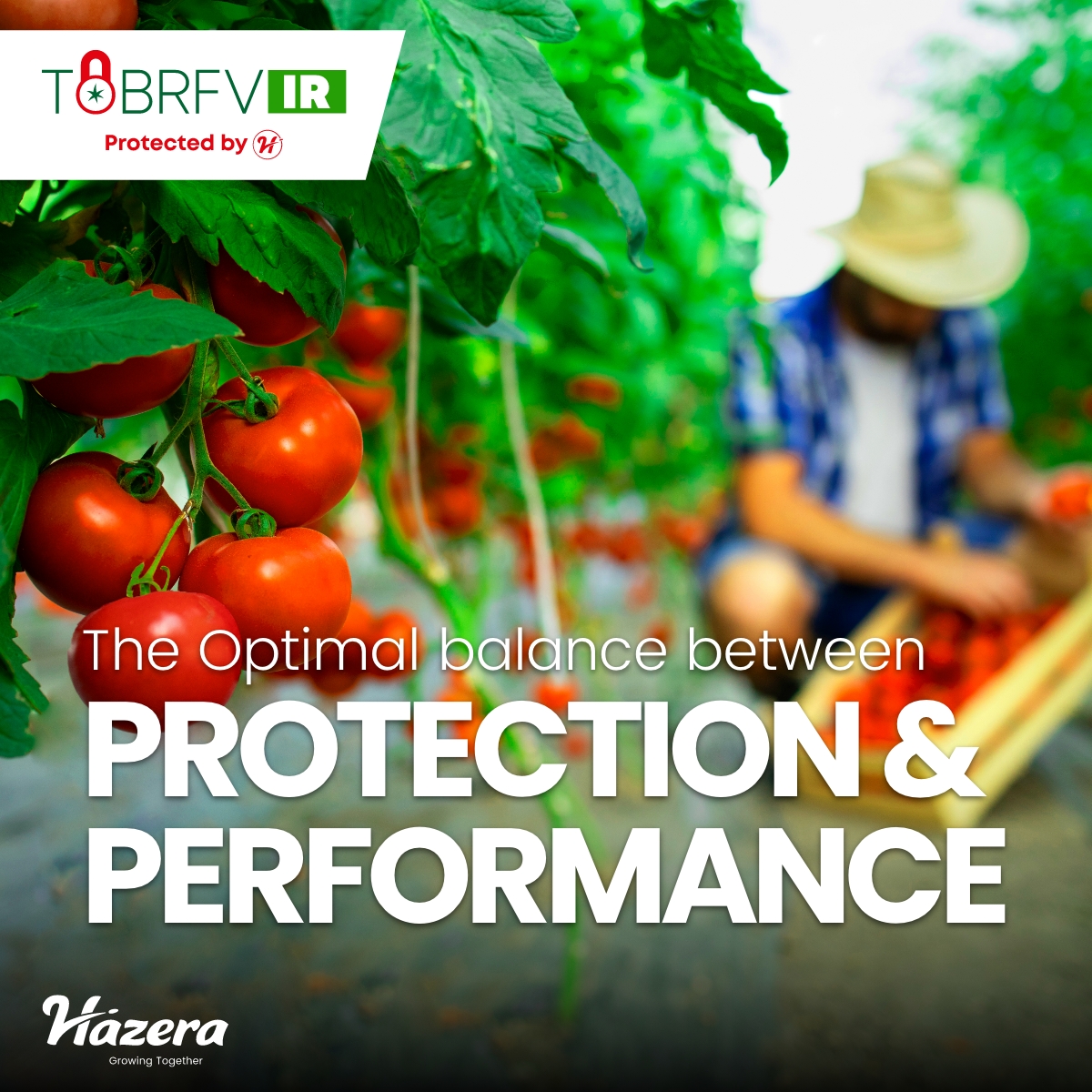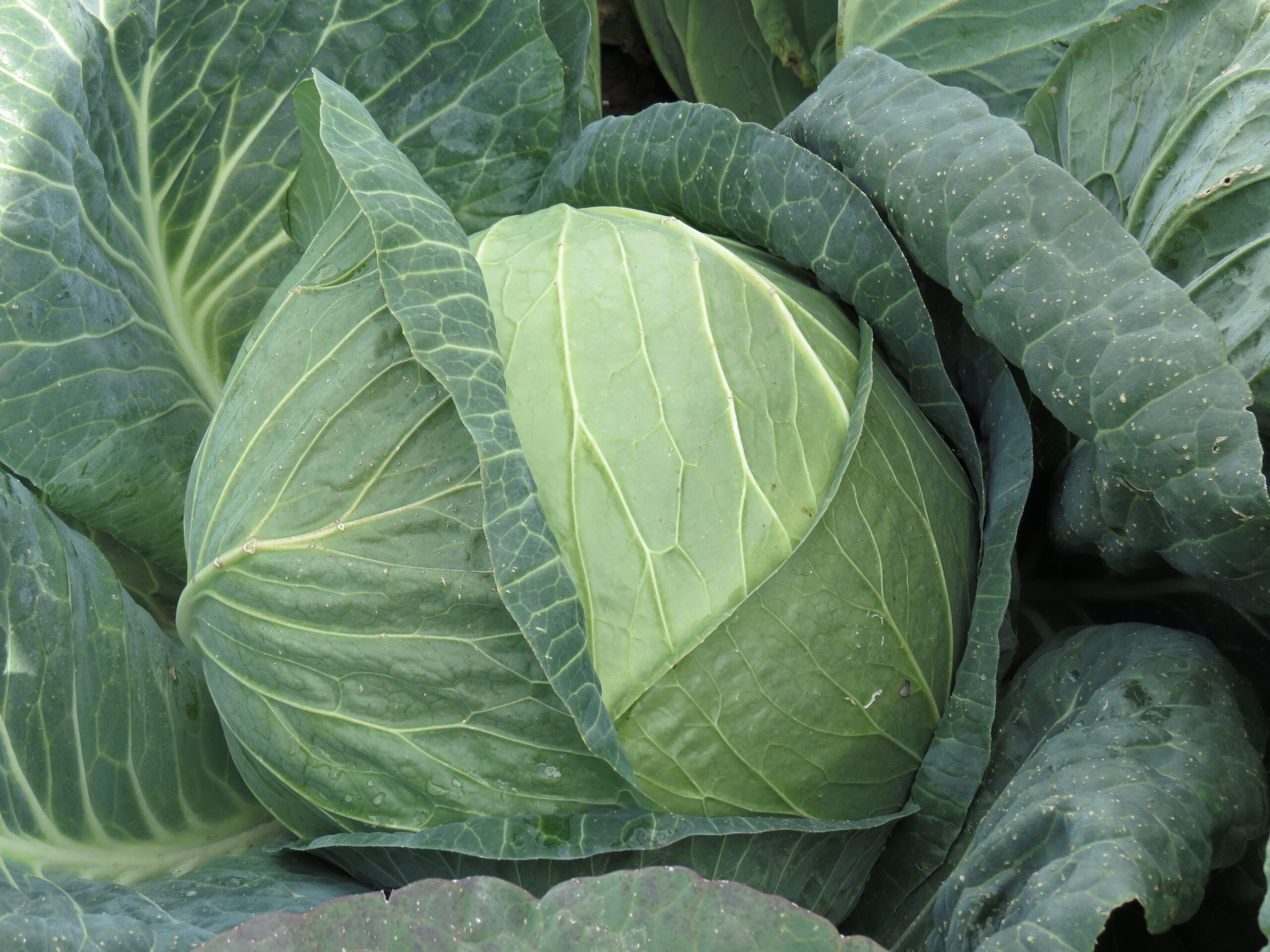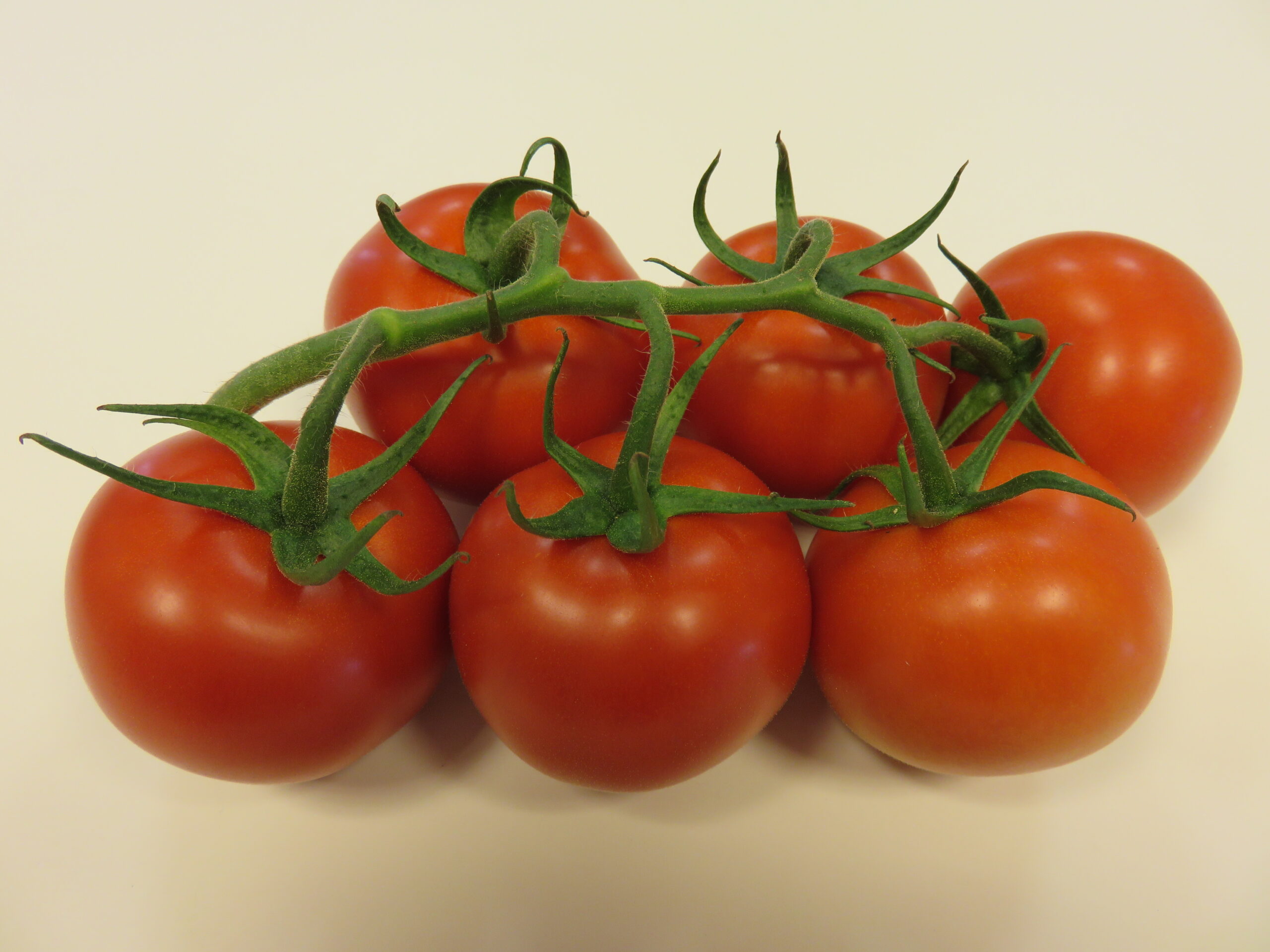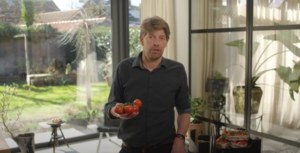Malnutrition is still widespread in Tanzania. While more than two-thirds of Tanzania’s population is engaged in agriculture, the agricultural sector is underdeveloped and crisis-prone. The reasons include a lack of agricultural knowledge and unsustainable farming practices. The result is environmental degradation, erosion and a loss of soil fertility. The situation is massively exacerbated by increasing droughts due to climate change.
In addition, many people are not aware of how important healthy and balanced food is for healthy development. School meals in Tanzania are also usually very one-sided. The main food is the typical maize porridge (Ugali) with a bean sauce. Other vegetables and fruit are only available in very small portions, if at all.
Figure 1: Pupils of Kiluvya School near Dar es Salaam
School gardens against malnutrition and for a better future
Organic school gardens offer several opportunities: they combat malnutrition by providing healthier and more balanced school meals, and they open up interesting future prospects for the pupils by teaching them about organic gardening in theory and practice while they are still at school. PROBONO has found a local cooperation partner in Sustainable Agriculture Tanzania (SAT), which is a pioneer in organic farming in Tanzania and has a lot of experience with projects at schools.
At Kiluvya School near Dar es Salaam, PROBONO has just started a first school garden project together with SAT. After an intensive one-week training of the teachers in theory and practice of organic gardening at SAT’s model farm, a school garden was subsequently planted at Kiluvya School. The students were actively involved in the process. With great dedication, they dug up the soil, laid out beds and sowed the first seeds.
Figure 2: The new school garden is being planted
They learn how to make compost, organic fertiliser and biological pesticides, how to keep moisture in the soil and how to strengthen plant health.
Hazera Germany supports this important and forward-looking school garden project financially and with seeds and cultivation information of different crops such as tomatoes, peppers, cucumbers, melons, carrots and cabbage.
Figure 3: The first amaranth leaves are already harvested
Further information:
https://www.probono-oneworld.de
https://www.probono-oneworld.de/de/ueber-uns/kooperationspartner-und-finanzierung.php


